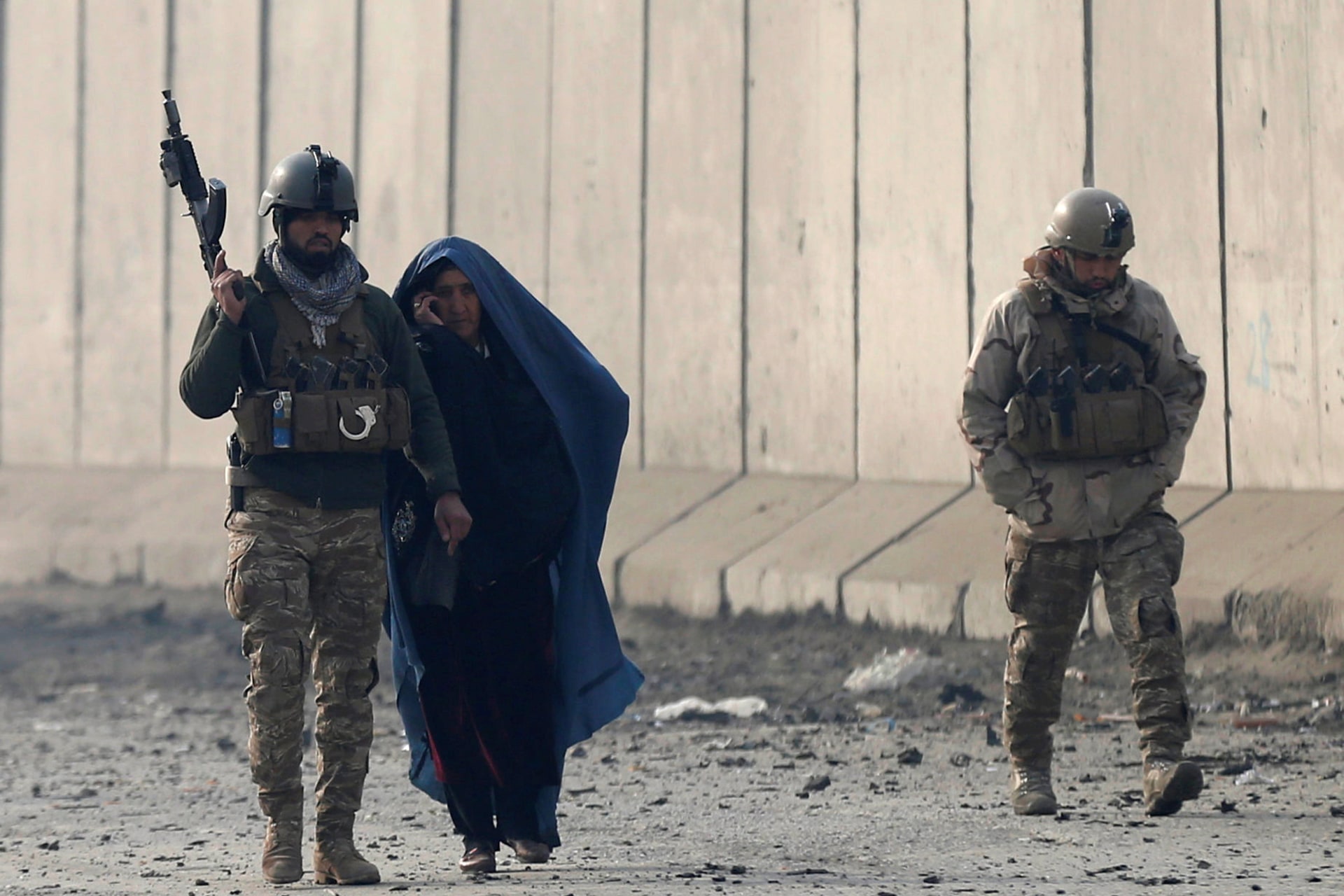U.S. Counterterrorism’s Big Blindspot: Women
U.S. policymakers have long overlooked women’s involvement in terrorism, and rarely enlisted their participation in efforts to combat radicalization. A new bill would require U.S. counterterrorism policy to address the roles that women play as victims, perpetrators, and preventers.

By experts and staff
- Published
By
- Jamille BigioSenior Fellow for Women and Foreign Policy
- Rebecca TurkingtonAssistant Director, Women and Foreign Policy
This article was originally published in The New Republic.
When the Trump administration, in late February, decided to block Hoda Muthana’s return to the United States, many saw it as an unfair and questionably legal denial of citizenship: Muthana, who traveled to Syria in 2014 to join the Islamic State, was born in the United States and previously possessed a U.S. passport. But in the midst of the furor over the particulars of the case, the announcement also signaled a growing recognition that women in violent extremist movements are not merely naïve “jihadi brides.” It’s one of a string of incidents in recent months that suggest the U.S. may finally be ready to address a longstanding blindspot when it comes to gender and security.
U.S. policymakers have long overlooked women’s involvement in terrorism—and, relatedly, have rarely enlisted their participation in efforts to combat radicalization. Earlier this month on International Women’s Day, six members of the U.S. House of Representatives—Lois Frankel (D-FL), Steve Chabot (R-OH), Joe Wilson (R-SC), Bill Keating (D-MA), Lee Zeldin (R-NY), and Abigail Spanberger (D-VA)—introduced a bill that would require U.S. counterterrorism policy to address the roles that women play as “victims, perpetrators, and preventers” of terrorism.
Read the full article at The New Republic>>